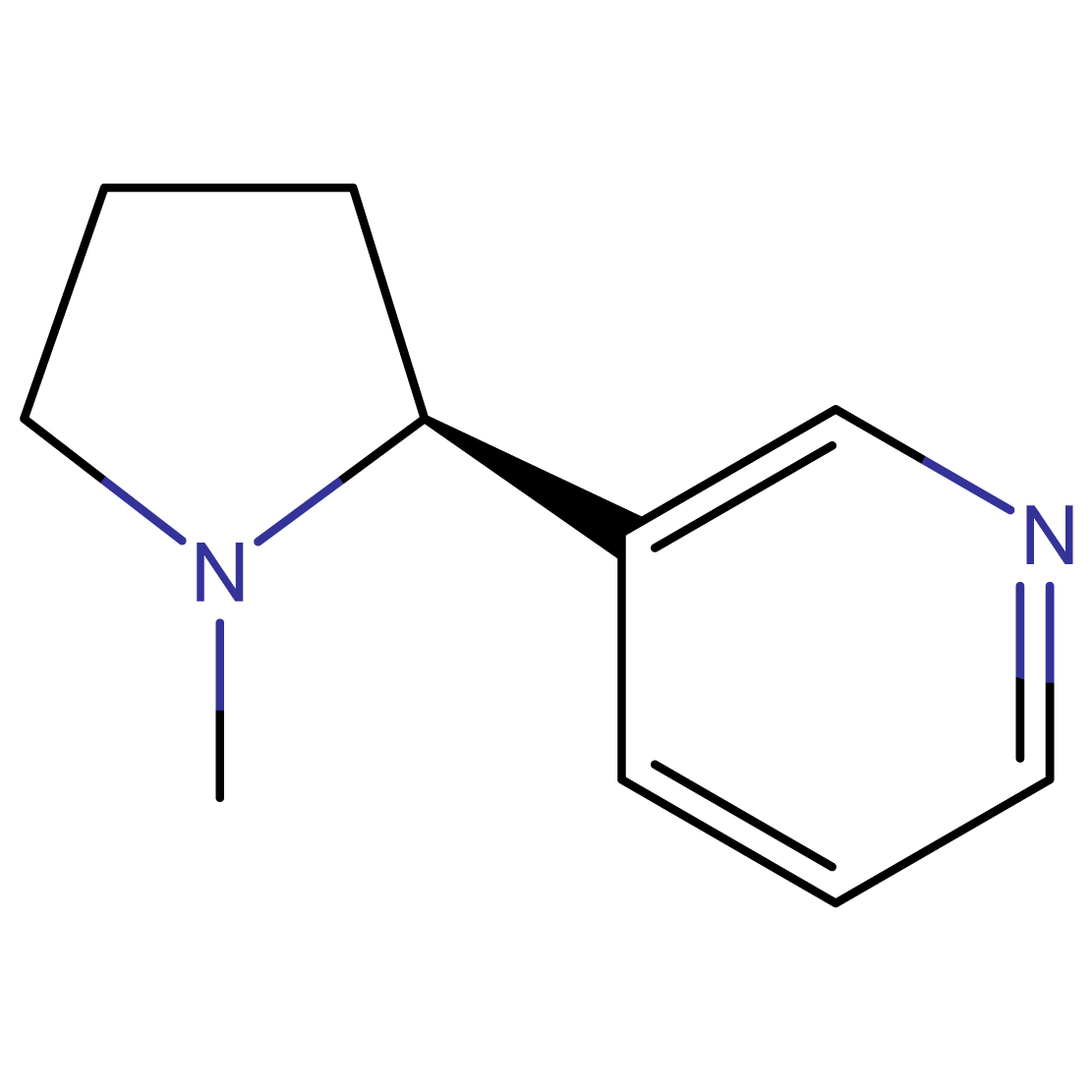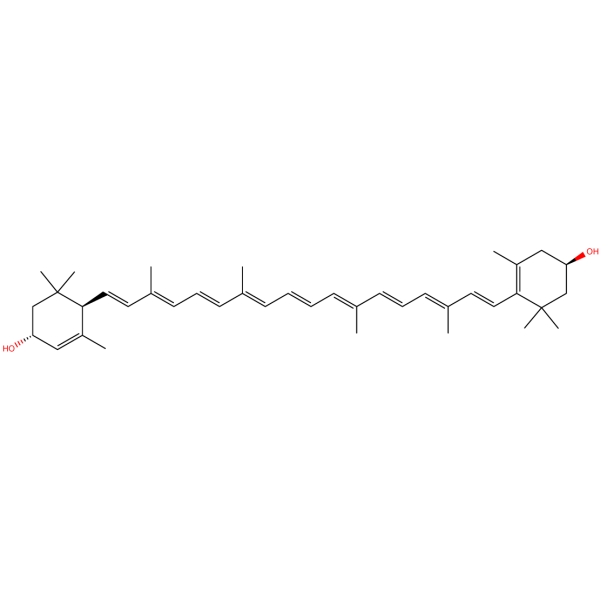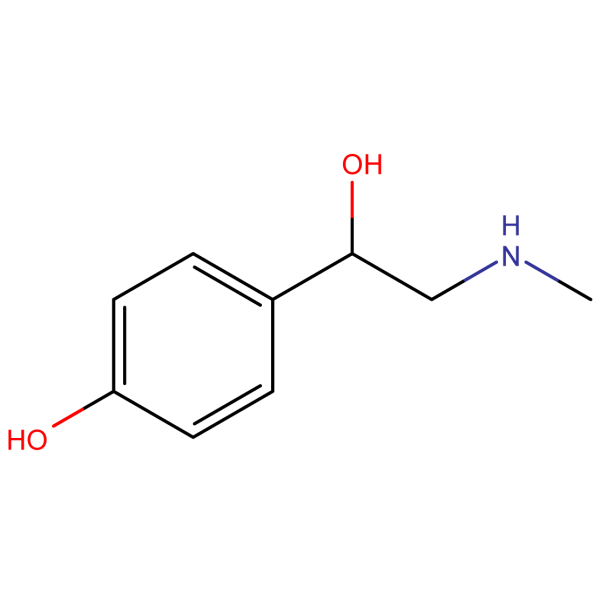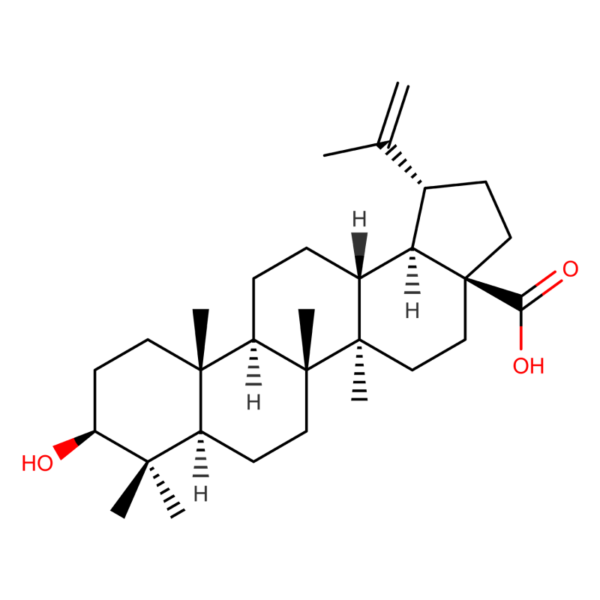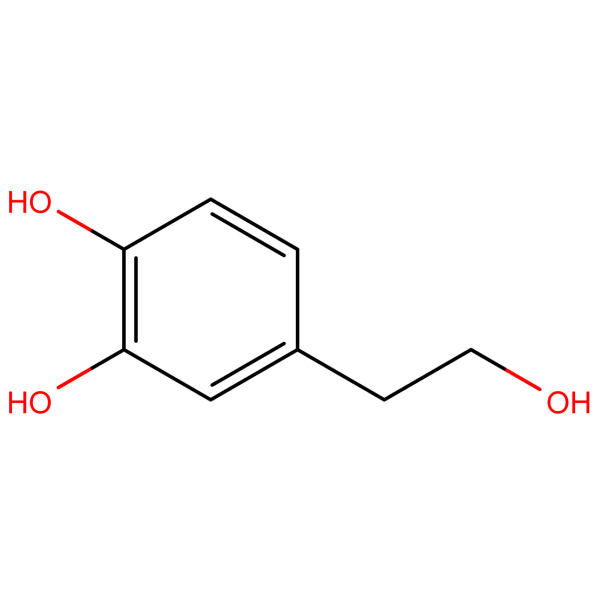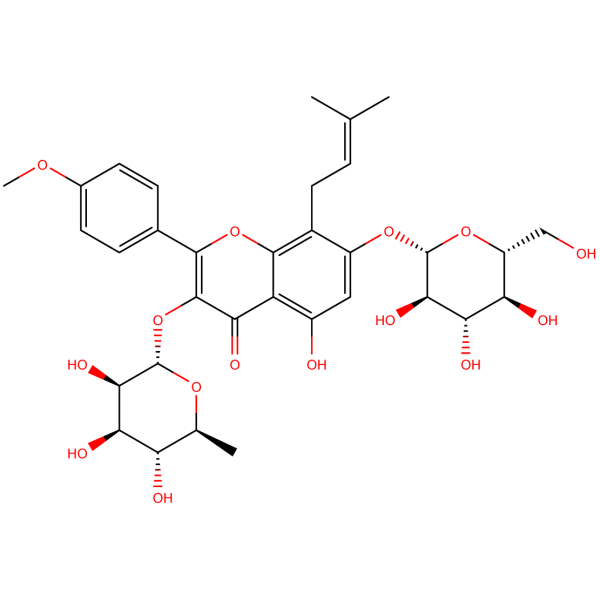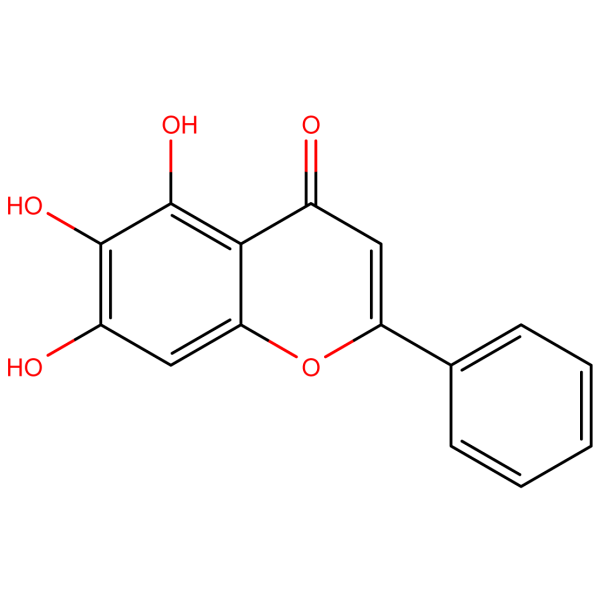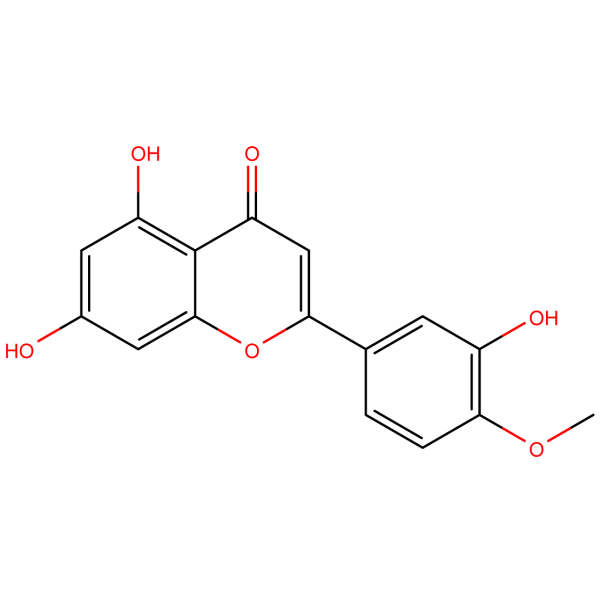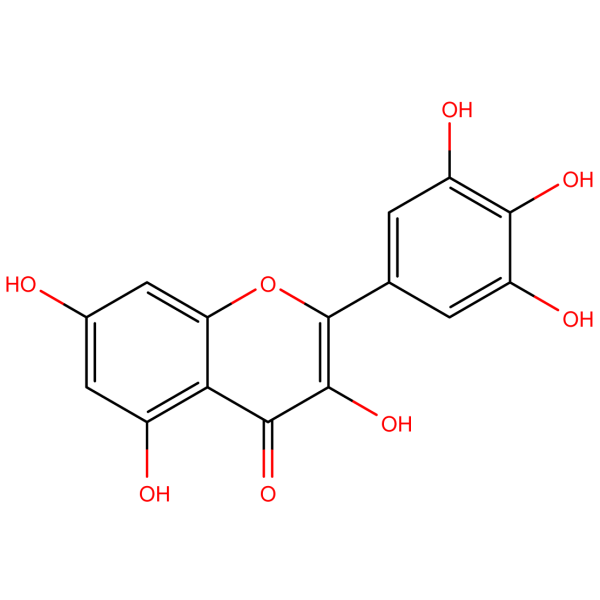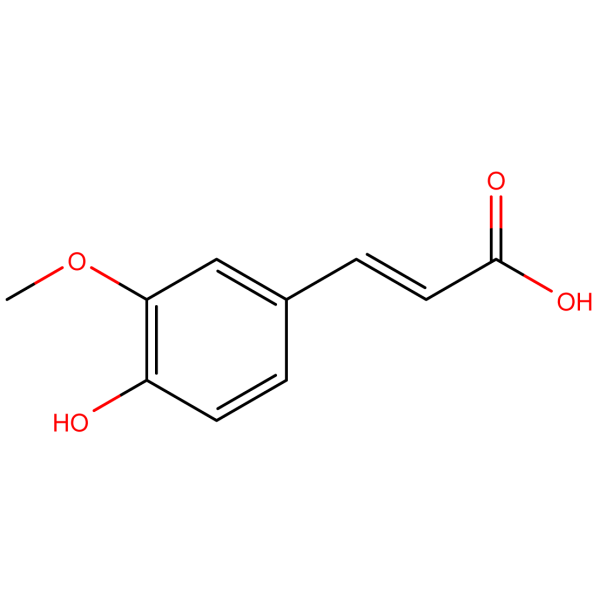Nicotine: Potent Alkaloid for Neuropharmacological and Addiction Research
1. Molecular Identity
- Chemical Name: (S)-3-[1-Methylpyrrolidin-2-yl]pyridine
- CAS Number: 54-11-5
- Source: Naturally occurring in tobacco plants (Nicotiana species), also synthetically produced
2. Biochemical Significance
Nicotine is a potent alkaloid that acts as a stimulant and parasympathomimetic. Its unique molecular structure allows it to bind to nicotinic acetylcholine receptors, making it a compound of significant interest in neuroscience, addiction studies, and potential therapeutic applications.
3. Key Properties
- Receptor Agonist: Binds to and activates nicotinic acetylcholine receptors
- Stimulant: Increases alertness and cognitive function in low doses
- Addictive Potential: Exhibits strong reinforcing effects leading to dependence
- Metabolic Effects: Influences various metabolic processes in the body
4. Potential Research Applications
- Neurodegenerative disease studies (e.g., Parkinson’s, Alzheimer’s)
- Addiction and smoking cessation research
- Cognitive enhancement investigations
- Pain management studies
5. Current Research Focus
Ongoing studies are investigating Nicotine’s effects on:
- Neuroprotection mechanisms in various brain disorders
- Reward pathways and addiction processes
- Attention, memory, and cognitive performance
- Inflammatory responses and immune system modulation
6. Formulation Challenges and Innovations
Researchers are actively working on:
- Developing novel delivery systems for controlled release
- Creating nicotine analogs with reduced addictive potential
- Enhancing stability and bioavailability in various formulations
7. Regulatory Considerations
Nicotine (CAS 54-11-5) is a controlled substance in many jurisdictions. Its use in research requires adherence to strict regulatory guidelines. Therapeutic applications are subject to extensive safety and efficacy evaluations.
8. Future Research Directions
The scientific community anticipates:
- Advanced studies on nicotine’s potential in treating neurodegenerative disorders
- Development of more effective smoking cessation therapies
- Exploration of nicotine’s role in weight management and metabolic disorders
9. Collaborative Opportunities
We invite neuroscientists, addiction researchers, pharmacologists, and academic institutions to explore the research potential of Nicotine. For inquiries, collaborations, or to discuss how Nicotine can benefit your research projects, please contact us at sales@nstchemicals.com.
Join us in advancing neuropharmacological and addiction research with Nicotine – a potent alkaloid at the forefront of understanding brain function and developing novel therapeutic strategies.

